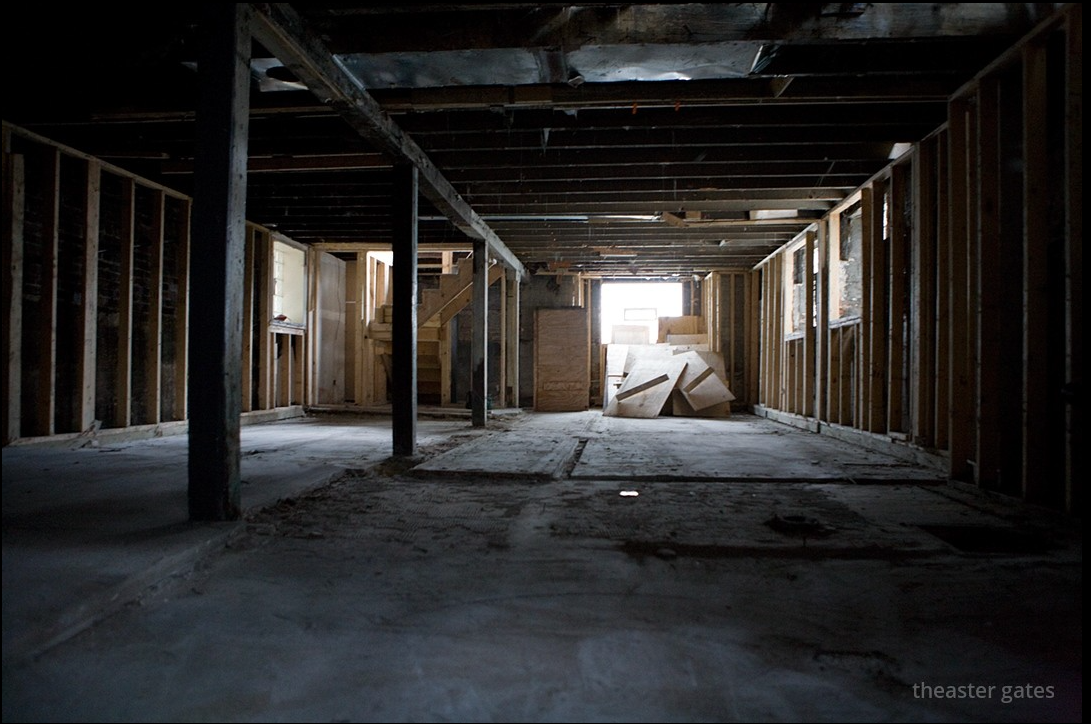Socially engaged art projects - Part One
- Elena Tsavdari

- Apr 24, 2024
- 3 min read
Updated: May 1, 2024
Following the previous article regarding participatory art and its evolution over time, let's now explore some characteristic projects that have had a significant impact on local communities, involving participants from different social groups and backgrounds.
Tenantspin
Tenantspin, initiated in 1999, is a socially engaged art project in Liverpool, UK. It was launched by FACT (Foundation for Art and Creative Technology) in collaboration with tenants from various housing estates in the city. Initially commenced as a pilot project, it has significantly expanded since its inception. The project facilitated discussions, information sharing, and promoted community engagement among the tenants through the use of the internet and digital media. This included setting up online forums, webcasts, and digital storytelling workshops where tenants could share their experiences. The use of digital media technologies was a crucial aspect of the project, as one of Tenantspin’s aims was to demonstrate that the internet and new technologies can serve as valuable tools for individuals and communities to voice their opinions on important matters affecting their lives.
The project involved residents from various demographics as it aimed to be inclusive, with participants of different ages and backgrounds, and to give a chance to people who are often underrepresented to be heard. A high number of elderly people participated in the project, a fact that is crucial for fostering intergenerational connections within the community.
Tenantspin is a unique project, since through collaboration, it empowered all parties to express their views on contemporary ways of living and to see different perspectives. Additionally, the project contributed to the development of socially engaged art practices and community-based projects, setting a precedent for comparable initiatives worldwide.
Theaster Gates's Dorchester Projects
Theaster Gates's Dorchester Projects is an art project that took place in a neighborhood of South Side Chicago. It forms a vital part of Theaster Gates’ practice, which frequently involves community engagement, urban redevelopment, and cultural resurgence through art.
Theaster Gates is a social practice installation artist and a professor in the Department of Visual Arts at the University of Chicago. He was born in 1973 in Chicago, United States. He studied urban planning and pursued his master's degree in religion, ceramics, and city design. In 2009, he launched the Dorchester Projects. The high number of abandoned buildings in his hometown influenced Gates to acquire numerous properties in the area and revitalize it by renovating the previously neglected structures. In his projects, Gates integrates urban planning and art practices to transform neglected neighborhoods into cultural spaces for the local community. His goal is to effect change through direct action. He states that “On the block and in the neighborhood, many who could leave, did. Impact to me is about action. It is hard to understand that in an area where there is abject poverty, simply choosing to stay becomes a radical act, even if you didn’t intend for it to be radical”. Gates desired to create a Black Space. A place where the poorest people within the neighborhood would not feel displaced.
The Dorchester Projects encompass various buildings, each serving a distinct purpose:
Stony Island Arts Bank is one of the flagship spaces within the project. Originally structured in 1923 as a bank building, it now houses a collection of books, photographs, records, and artifacts dedicated to African American history and culture. Additionally, it hosts exhibitions and several community events.
Another component of the Dorchester Project is the Black Cinema House, which serves as a venue for screening independent and classic films that focus on African American experiences. The space fosters dialogue and contemplation on topics concerning identity, race, and representation.
The Archive House functions as a research space dedicated to documenting and sharing the history of Chicago’s South Side neighborhoods. It houses materials related to the residents’ community life and cultural heritage.
Dorchester Industries plays a crucial role in the project, as it is an initiative that focuses on providing employment opportunities, job training, and skill development practices to residents.
Through the Dorchester Projects, Theaster Gates has created platforms for social engagement, education, and economic empowerment within the community, alongside establishing several cultural spaces. The project has gained international recognition for its innovative integration of art, urban development, and social change.
These two significant projects have established a precedent for similar initiatives, some of which will be explored further in the upcoming article!












Comments